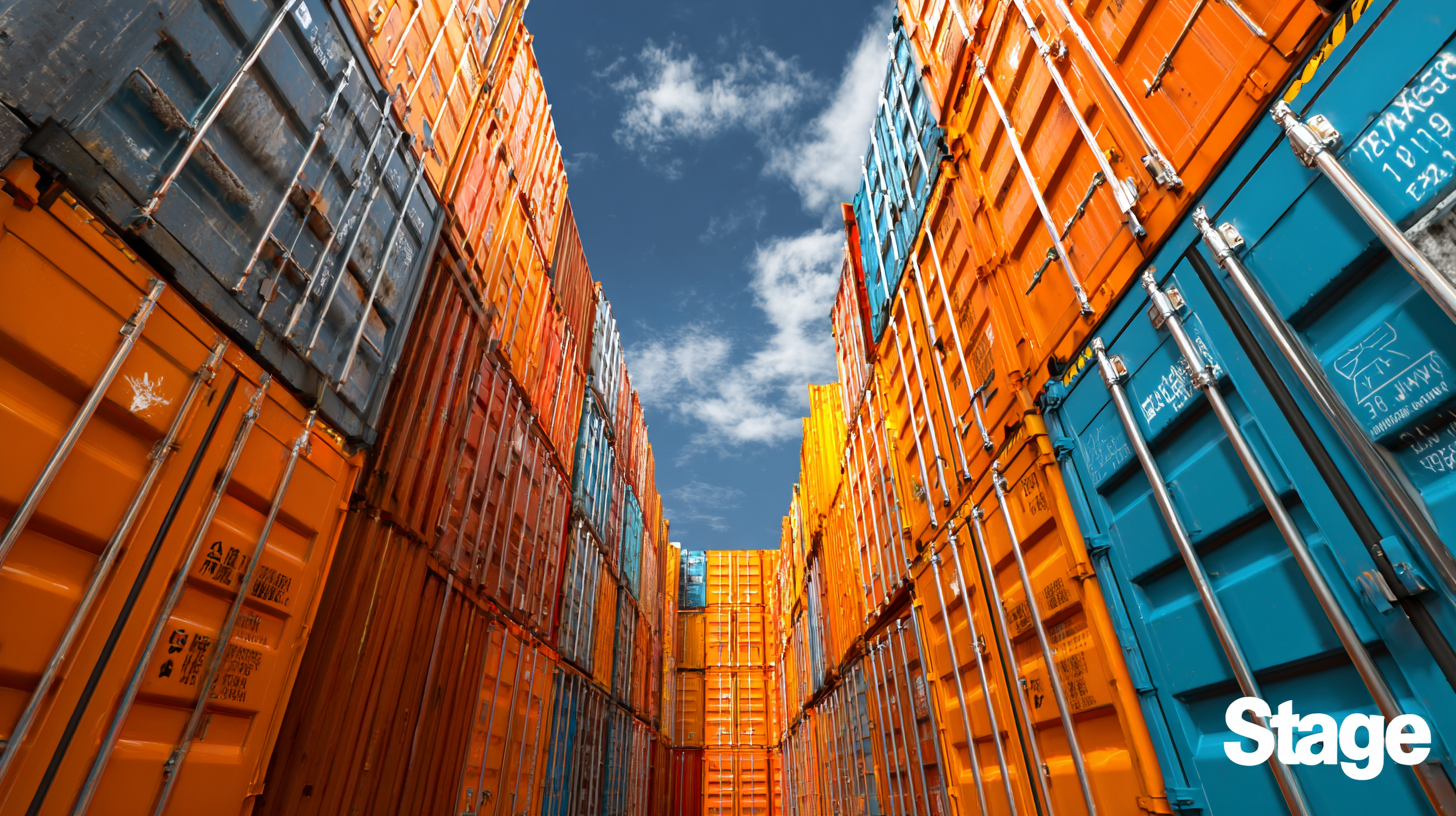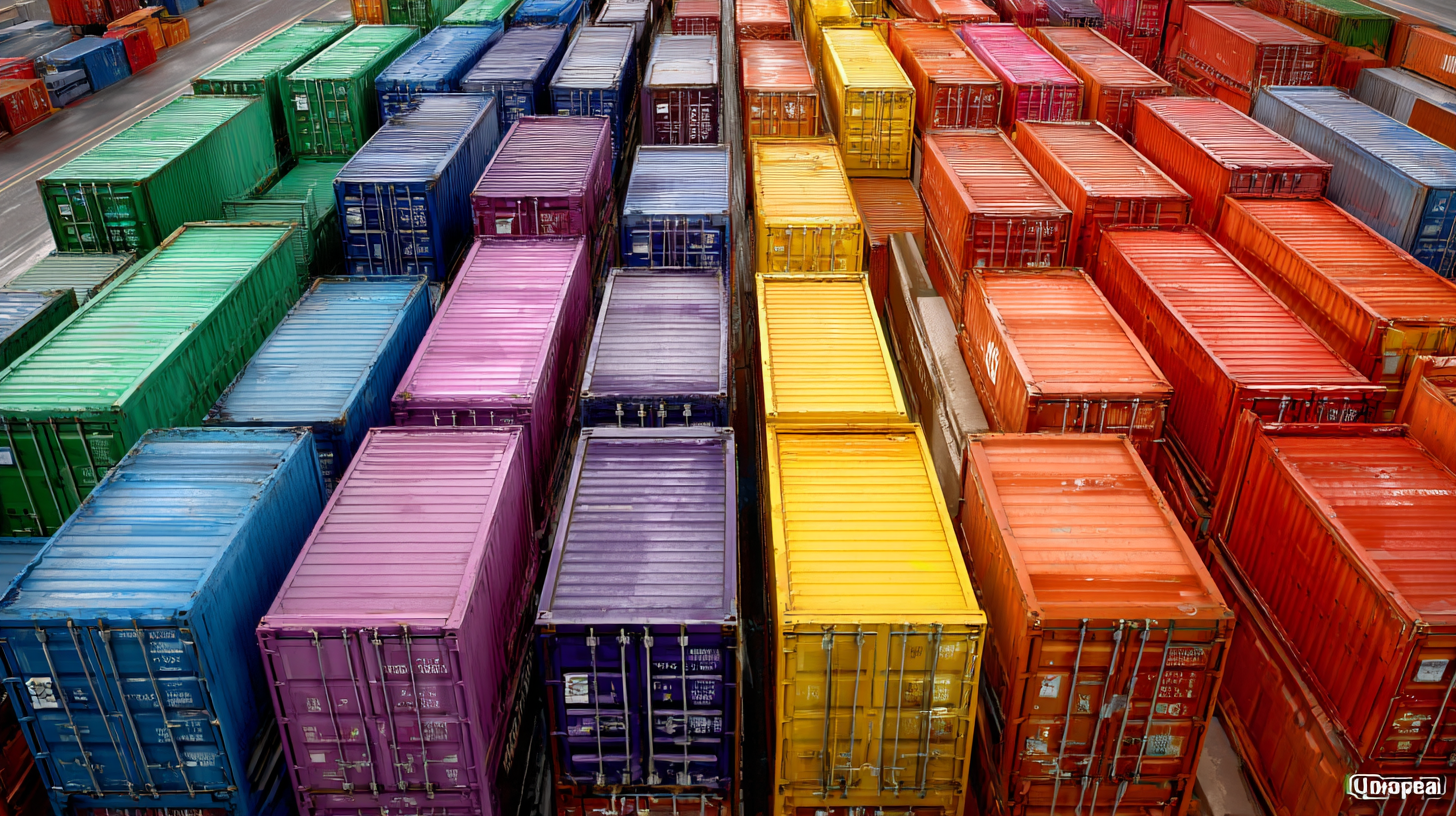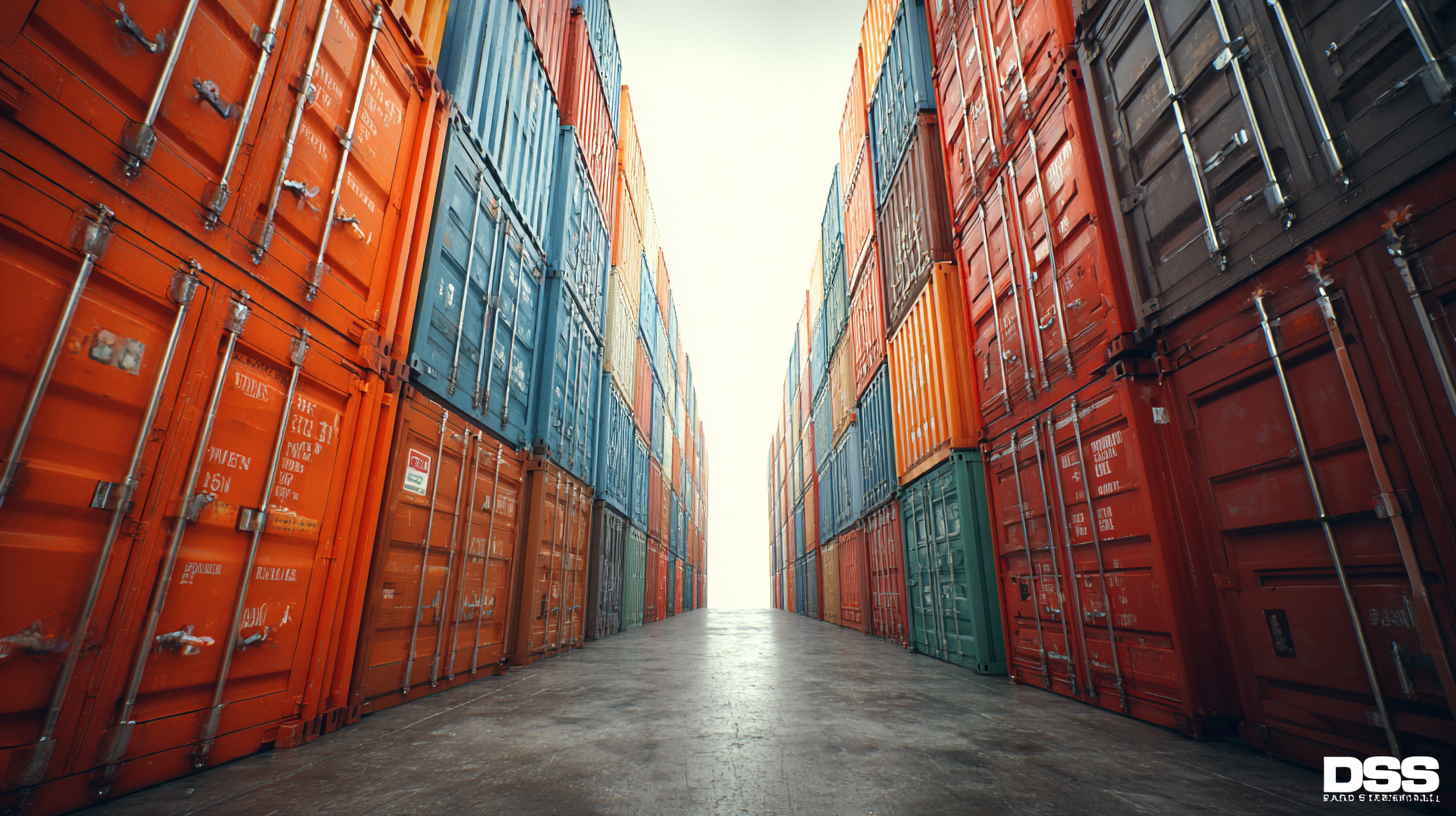Welcome to this website!

 In today's rapidly evolving global marketplace, the efficiency of supply chains is paramount, with storage containers playing a crucial role in this dynamic. According to a report by the World Economic Forum, effective supply chain management can lead to a 15% reduction in operational costs, and utilizing high-quality storage containers is a key component of this strategy. Storage containers not only provide secure and efficient storage solutions but also streamline the transportation of goods across vast distances. The increasing demand for rapid delivery and just-in-time manufacturing has only amplified the importance of reliable storage containers in maintaining a smooth flow of products from manufacturers to consumers. By optimizing storage capabilities, businesses can enhance inventory management and reduce lead times, ultimately resulting in heightened customer satisfaction and competitive advantage in the market.
In today's rapidly evolving global marketplace, the efficiency of supply chains is paramount, with storage containers playing a crucial role in this dynamic. According to a report by the World Economic Forum, effective supply chain management can lead to a 15% reduction in operational costs, and utilizing high-quality storage containers is a key component of this strategy. Storage containers not only provide secure and efficient storage solutions but also streamline the transportation of goods across vast distances. The increasing demand for rapid delivery and just-in-time manufacturing has only amplified the importance of reliable storage containers in maintaining a smooth flow of products from manufacturers to consumers. By optimizing storage capabilities, businesses can enhance inventory management and reduce lead times, ultimately resulting in heightened customer satisfaction and competitive advantage in the market.
Storage containers play a pivotal role in supply chain management, serving as the backbone for efficient logistics operations. Their design and functionality cater to various goods, allowing for safe transport and storage, which reduces the risk of damage during transit. With the global demand for goods increasing, businesses must rely on high-quality storage containers to streamline their processes. These containers provide a standardized solution that simplifies inventory management, enabling companies to keep accurate track of their products and optimize warehouse space.
Moreover, the versatility of storage containers enhances their contribution to supply chain efficiency. They can be used not only for shipping goods across regions but also for temporary storage at distribution centers. This flexibility helps companies adapt to fluctuating market demands, ensuring quick response times and minimizing delays. Additionally, modern storage containers are often equipped with tracking technology, allowing real-time monitoring of inventory. This data-driven approach empowers supply chain managers to make informed decisions, ultimately leading to improved operational effectiveness and customer satisfaction.
| Reason | Description | Impact on Supply Chain |
|---|---|---|
| Optimized Space Utilization | Storage containers allow for efficient stacking and storage of products, maximizing warehouse space. | Increased storage capacity reduces costs and improves inventory management. |
| Enhanced Product Protection | Quality storage containers provide durability and protection against weather, pests, and damage. | Minimized product loss enhances overall supply chain reliability. |
| Improved Handling Efficiency | Containers streamline the loading and unloading process, reducing labor time and costs. | Faster turnaround times boost supply chain efficiency and customer satisfaction. |
| Cost-Effectiveness | Investing in standard-sized containers can lead to lower shipping costs and minimize wasted space. | Lower operational costs positively influence profit margins. |
| Standardization Across Supply Chain | Uniform container sizes simplify logistics and tracking throughout the supply chain. | Improved visibility leads to better coordination and planning. |
Effective storage containers play a pivotal role in enhancing global supply chain efficiency. One of the key features is durability; containers must withstand various environmental conditions during transportation. High-quality materials that resist corrosion, impacts, and extremes of temperature ensure that goods remain protected throughout their journey. This durability minimizes the risk of damage and loss, ultimately leading to smoother operations and lower costs.

Another crucial feature is versatility. The best storage containers come in various sizes and configurations, allowing them to accommodate a wide range of products, from electronics to perishable goods. This adaptability not only maximizes space utilization but also streamlines the packaging and shipping processes. Additionally, having standardized container sizes facilitates easier stacking, loading, and unloading, further enhancing efficiency within the supply chain.
Lastly, effective storage containers often incorporate advanced tracking technology. Real-time monitoring systems enable businesses to keep tabs on their inventory and shipments, reducing the risk of delays and losses. By providing insights into the location and condition of products, these technologies assist in demand forecasting and inventory management, ensuring that resources are allocated efficiently and effectively throughout the supply chain.
In today’s fast-paced global supply chain, efficient inventory management is pivotal, and the choice of storage containers plays a crucial role. Quality storage containers not only safeguard goods but also streamline organization, making it easier to track inventory levels and reduce the risk of stockouts. When storage solutions are strategically implemented, businesses can enhance their operational workflow and respond rapidly to market demands.
To maximize the benefits of storage containers in inventory management, consider implementing a color-coding system. This method simplifies the identification process, allowing warehouse staff to quickly locate products and minimize errors. Additionally, regular audits can be performed to ensure that stock is rotating properly and that containers are utilized efficiently.
Moreover, investing in stackable and modular storage containers can optimize space utilization in warehouses. This flexibility allows businesses to adapt to changing inventory sizes and demands without sacrificing accessibility. Implementing these tips can significantly enhance the efficiency of inventory management practices, driving productivity throughout the supply chain.
In today's global supply chain, the environmental impact of storage solutions cannot be overstated. According to a report from the Ellen MacArthur Foundation, transitioning to circular economy practices, including optimized storage solutions, could yield $4.5 trillion in economic benefits globally. This shift relies heavily on effective storage containers that minimize waste throughout the logistics process, ensuring goods are stored efficiently and safely.
Quality storage containers play a pivotal role in reducing carbon footprints. A study published by the International Council on Clean Transportation found that inefficiencies in cargo handling could contribute to 25% of transportation emissions. By employing standardized, reusable storage solutions, companies can significantly decrease both the need for single-use packaging and the associated greenhouse gas emissions. Furthermore, durable containers are often made from recyclable materials, further mitigating environmental harm and promoting sustainability within the supply chain. This conscious choice not only benefits the planet but also enhances operational efficiencies by reducing costs related to waste management and material consumption.

As global supply chains continue to evolve, the future of storage containers is being reshaped by technological advancements and innovative materials. One notable trend is the increasing use of smart containers equipped with IoT devices. These containers can provide real-time tracking and monitoring of goods, ensuring optimal conditions throughout the transportation process. This transparency not only enhances accountability but also allows for immediate responses to any disruptions, significantly reducing delays.
Moreover, sustainability is becoming a crucial factor in the design of storage containers. Manufacturers are now focusing on eco-friendly materials and practices that minimize environmental impact. This shift aligns with the growing consumer demand for greener supply chain solutions, pushing companies to adopt containers that are reusable and recyclable. As these trends continue to gain traction, businesses that prioritize sustainable storage solutions will find themselves ahead of the curve in the competitive marketplace, enhancing their overall efficiency and reputation.
This chart illustrates the importance levels of various benefits associated with using the best storage containers in enhancing global supply chain efficiency. Each benefit is quantified on a scale from 0 to 100, highlighting the critical areas that contribute to streamlined operations.
